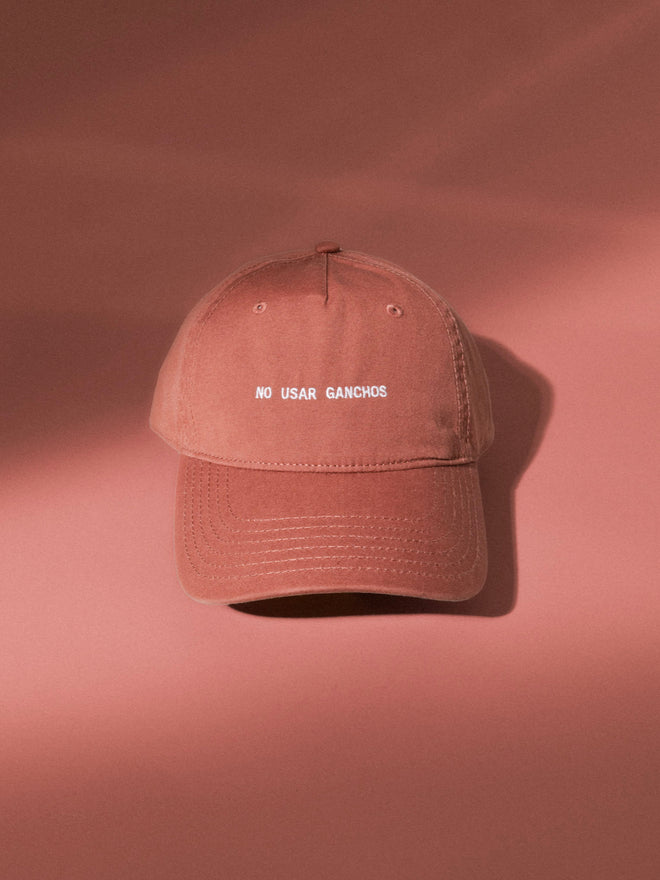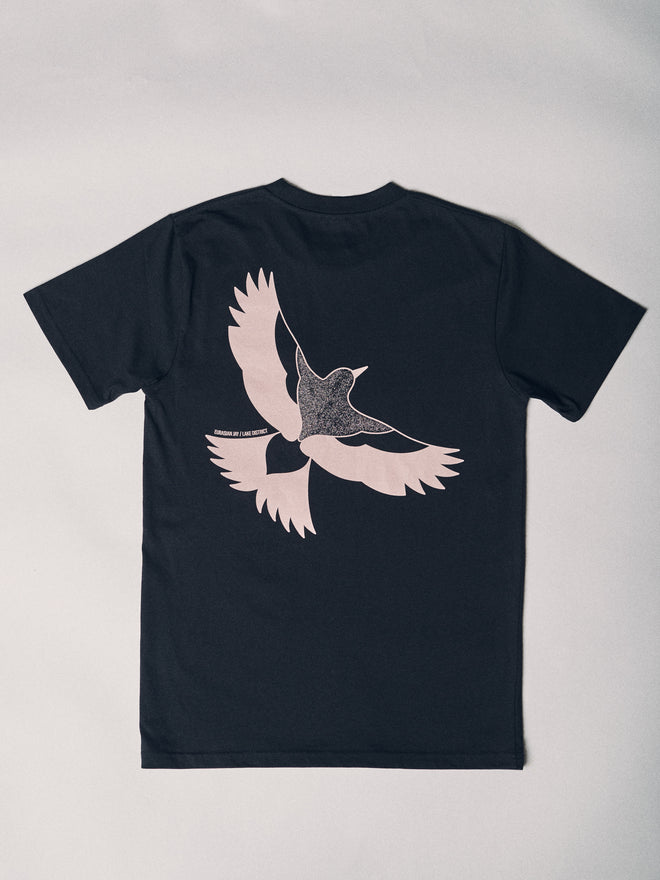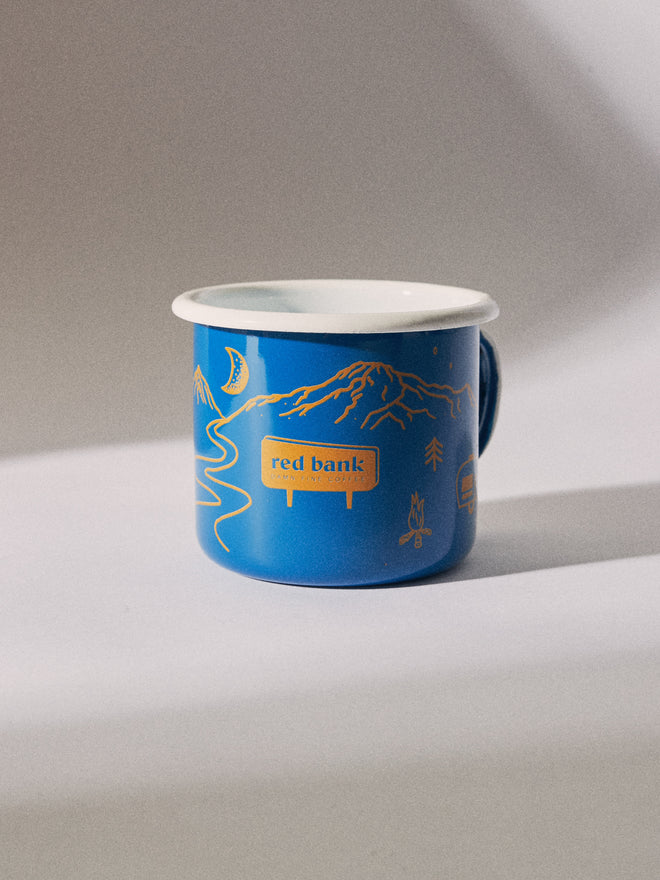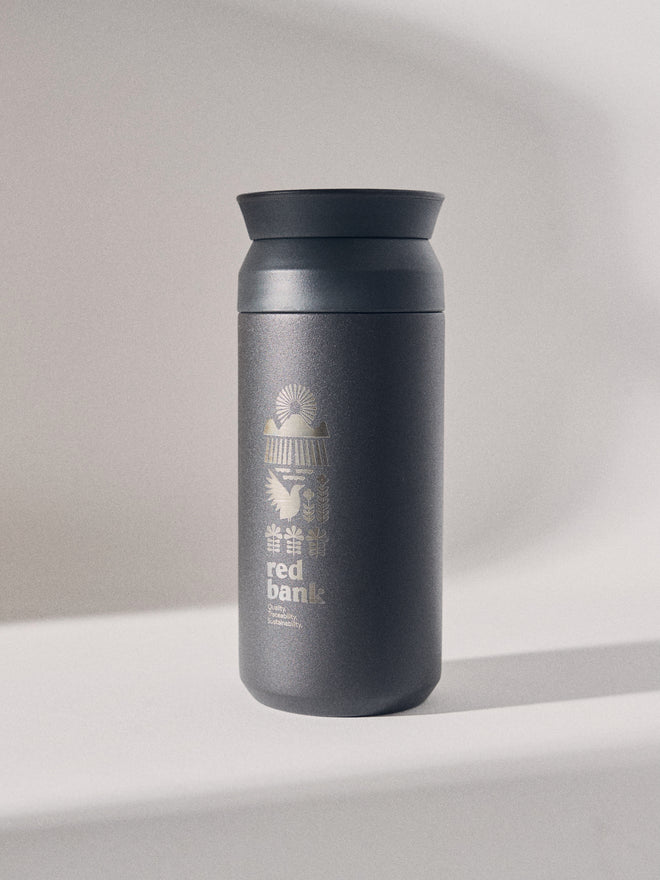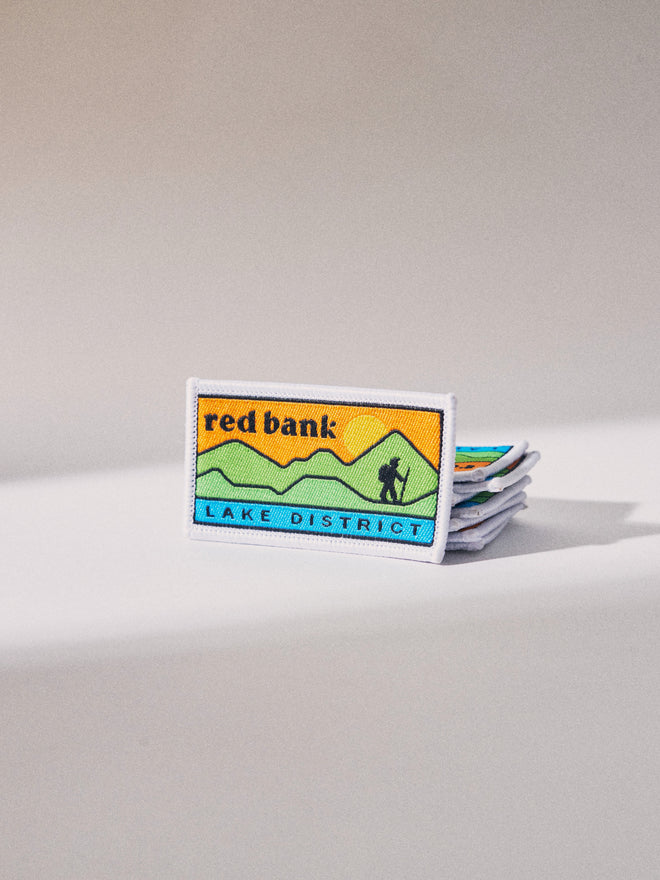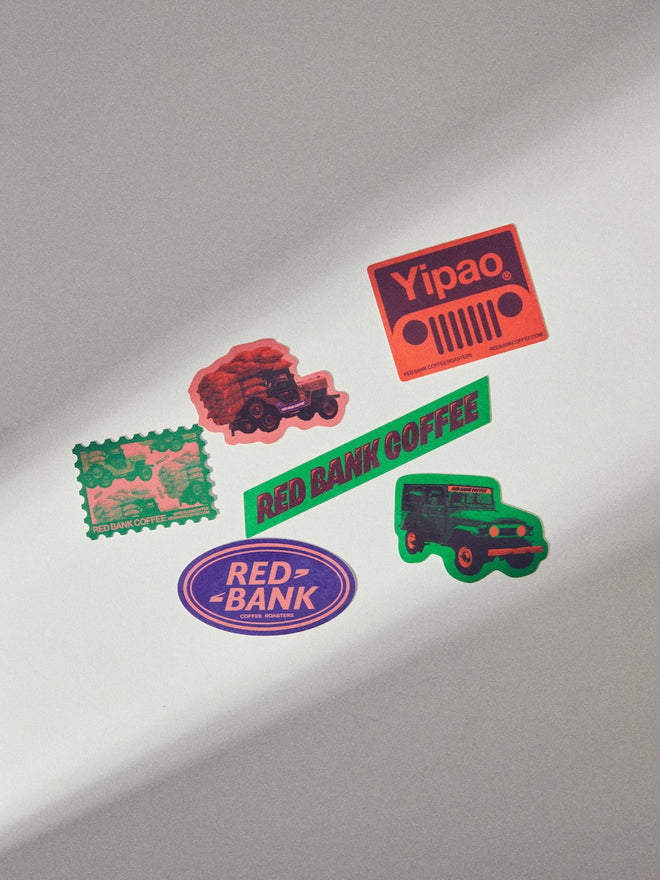Named in homage to the iconic hill climb out of Ambleside, where a little extra kick goes a long way, The Struggle marks our first foray into the world of fine robusta.
The Struggle
£10.00
£36.00
Delivery Details
Orders received by 9am Monday / Thursday will be dispatched by Wednesday / Friday with Royal Mail Tracked 24 (or with DPD if over 2kg). Tracking information will be sent to the email and mobile provided at checkout on dispatch.
Our Packaging
Our 250g and 1kg bags are made from 83% post-consumer recycled material and are fully recyclable, including the valve and zipper.
Please put the entire bag in soft plastic recycling (LDPE - Plastic #4) along with plastic bags, bread wrappers and any other plastic film.
If you don't have your own kerbside LDPE recycling collection, you can find your nearest LDPE recycling point here.
Rich, round and syrupy sweet, with notes of frangipane, desiccated coconut, and double cream.
Robusta, or more accurately, Coffea canephora, is a species of coffee that is coveted for its resilience to pests, and its ability to grow at lower altitudes and in hotter climates. It’s hardiness is due in large part to its high caffeine content, caffeine being a natural pesticide, with levels being typically 1.5 to 3 times higher that of arabica coffee. Caffeine itself is incredibly bitter, and in general robusta coffees have been regarded as being of inferior quality to arabica, but that perception is starting to shift as processing techniques pioneered in speciality arabica production have started to be applied to robusta.
The speciality arabica movement has focussed very much on celebrating acidity in coffee, but there is also merit in lack of acidity and in texture, and that is where this particular coffee shines. It’s incredibly rich, round and syrupy sweet, and for us finds its best expression as espresso, reminding us of frangipane, desiccated coconut and double cream.
The coffee is grown at Kerehaklu, a lush, sprawling estate in India’s Western Ghats run by father and son duo Ajoy and Pranoy Thipaiah. The coffee grows within dense, old-growth jungle that is rich in biodiversity. Alongside coffee, Ajoy and Pranoy grow avocados, mangoes, jackfruit and spices, and the estate is home to an abundance of wildlife, include occasional visits from panthers, elephants, and even tigers.
Over the past few years Kerehaklu has been spearheading a revolution in the way that Indian coffee is perceived. After studying Biology at the University of New South Wales in Australia, Pranoy returned to the farm, and has focussed his expertise on post-harvest processing, and bringing the farm’s practises in line with more modern and innovative protocol.
His savvy harnessing of the powers of social media has introduced a wide audience to the farm, and has shone a spotlight on the incredible work that they do. As a result, it’s seemingly easier to find gold dust than it is to secure their exceptional coffee, but we’re absolutely thrilled to be amongst the few roasters to have the privilege of showcasing not one, but two lots from Kerehaklu.
Once picked, this lot of robusta congusta was floated to remove defects, then placed in plastic barrels with mosto from the fermentation of arabica coffee, sealed, and left to ferment in an anoxic environment for 62 hours. The barrels were rolled and stirred multiple times throughout the fermentation. Once fermentation was complete, the coffee was laid out to dry on raised beds.
The result is a coffee that has shifted our perception of robusta, and has left us eager to explore this fascinating species more deeply.



